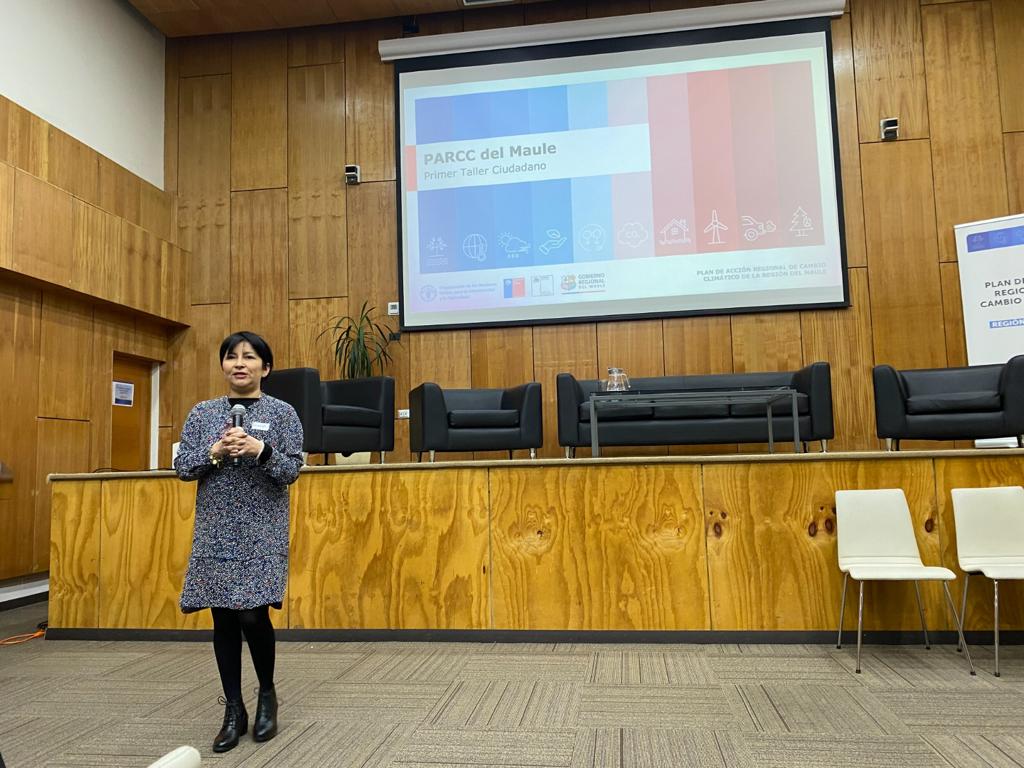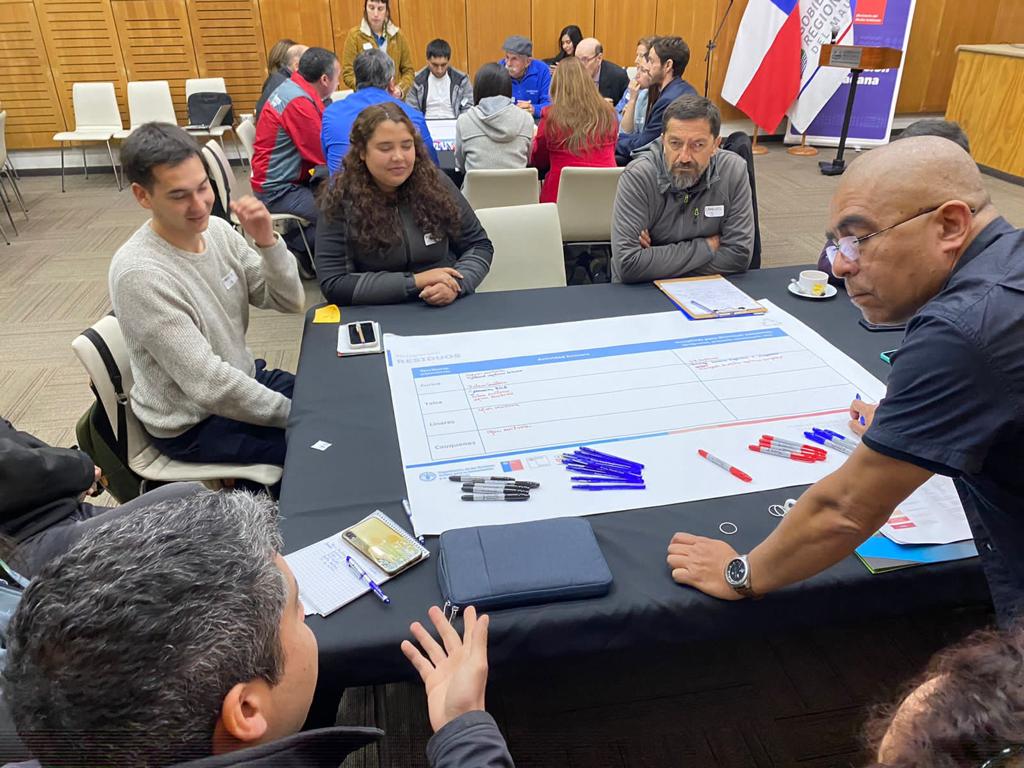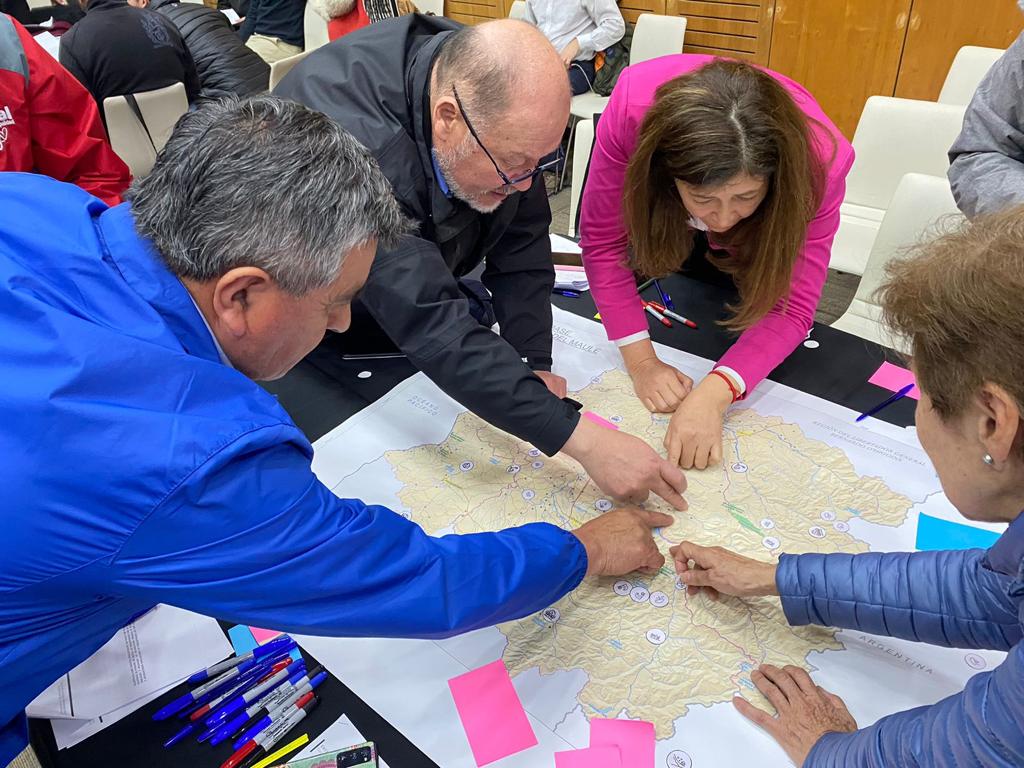Regional Climate Change Action Plan for the Maule Region
Chile
The Chilean Ministry of the Environment, with support from the Food and Agriculture Organization of the United Nations (FAO), is launching the project “Strengthening regional and local capacities for the implementation of the Framework Law on Climate Change. This initiative seeks to strengthen the country’s capacity to face the challenges posed by the climate crisis, providing the regions with the essential tools and knowledge to do so.
In this context, the Regional Action Plan on Climate Change (PARCC) for the Maule Region, whose development has been entrusted to IDOM, is framed in this context.
The Climate Change teams in Chile, Mexico and Spain will be providing the consultancy services to compile and systematize the existing information in the region in terms of mitigation and adaptation to climate change. This work will be carried out through a participatory process that will involve regional institutional agents as well as civil society, always from a gender and intergenerational approach, ensuring a just socio-ecological transition.
To this end, different spaces are proposed within the participatory process and 4 participatory workshops will also be held:
- Kick-off workshop to inform about the launching of the PARCC design process and the gathering of information on the regional climate change context.
- Workshop to validate the diagnosis of the region, show the first proposals for measures and receive input.
- Workshop to prioritize future climate change mitigation and adaptation measures.
- Presentation of the draft Maule PARCC to receive input.
The presentation of the project and the first Maule PARCC workshop took place at the end of September and was attended by around 70 people.
Climate Change & Circular Economy
OWNER:
Presentation of the project and the first Maule PARCC workshop
SCOPE:
Data collection and processing
Regional climate change action plan
Systematization of information
Workshops for dissemination of results
Workshops with strategic stakeholders











